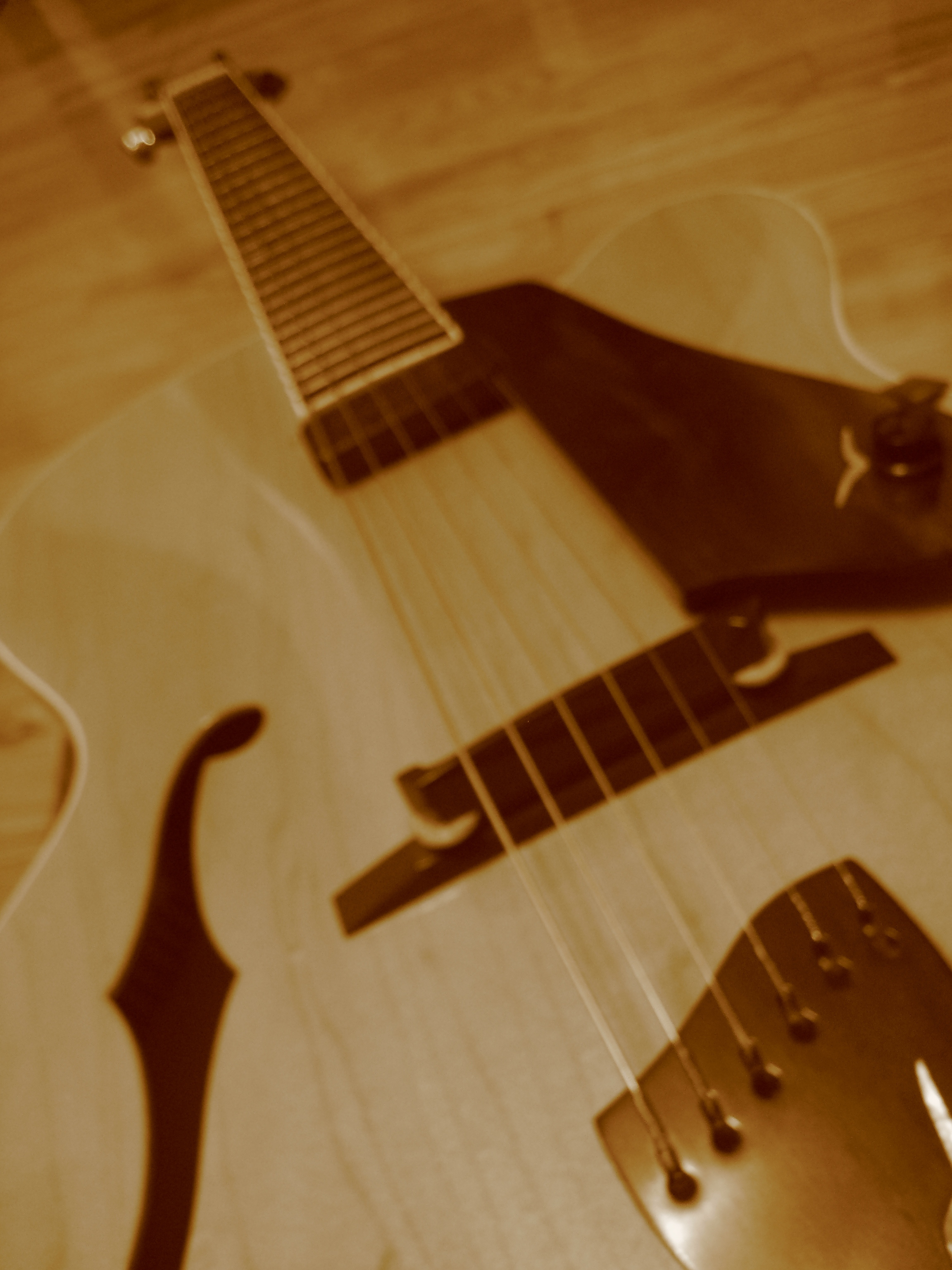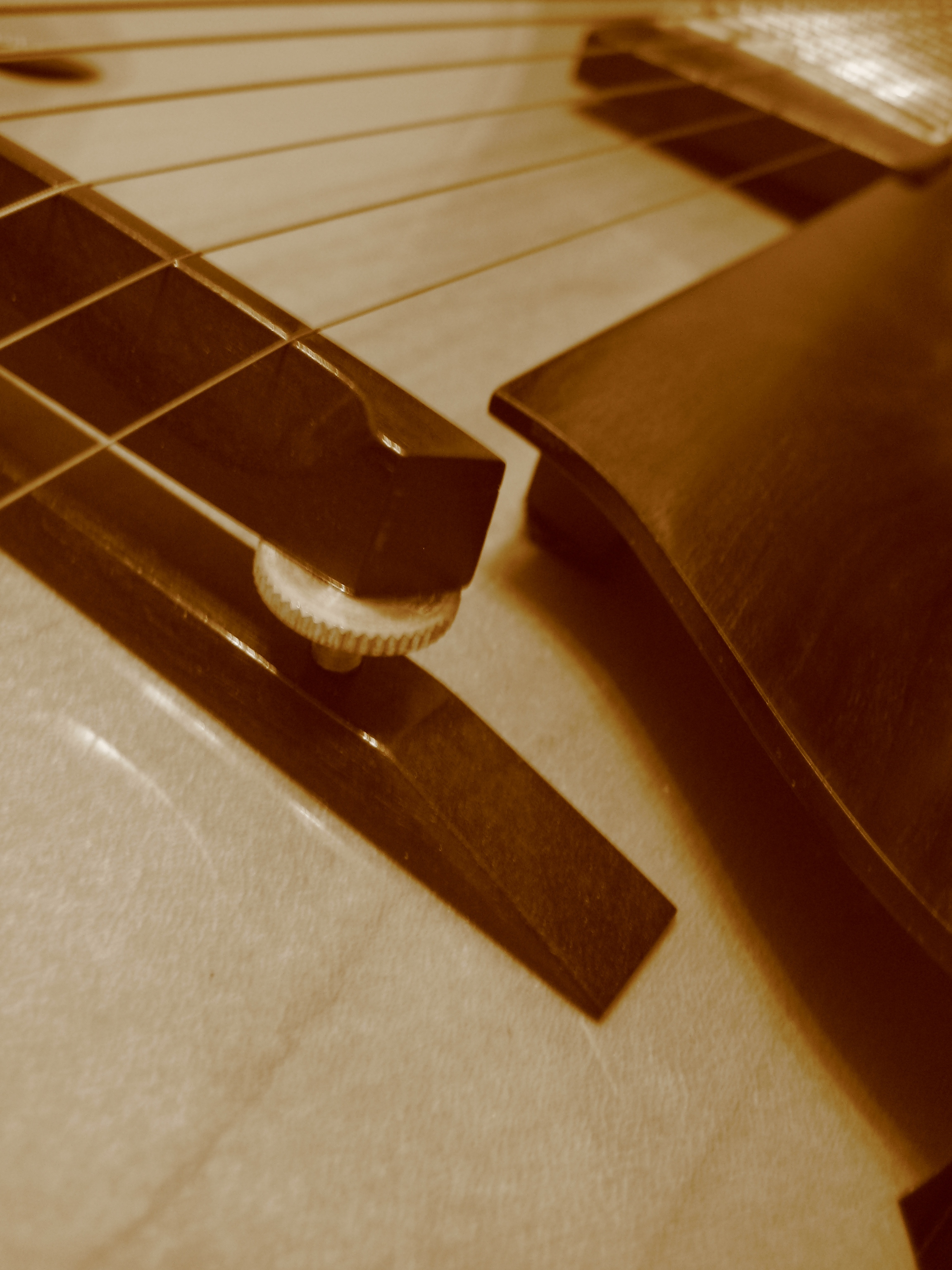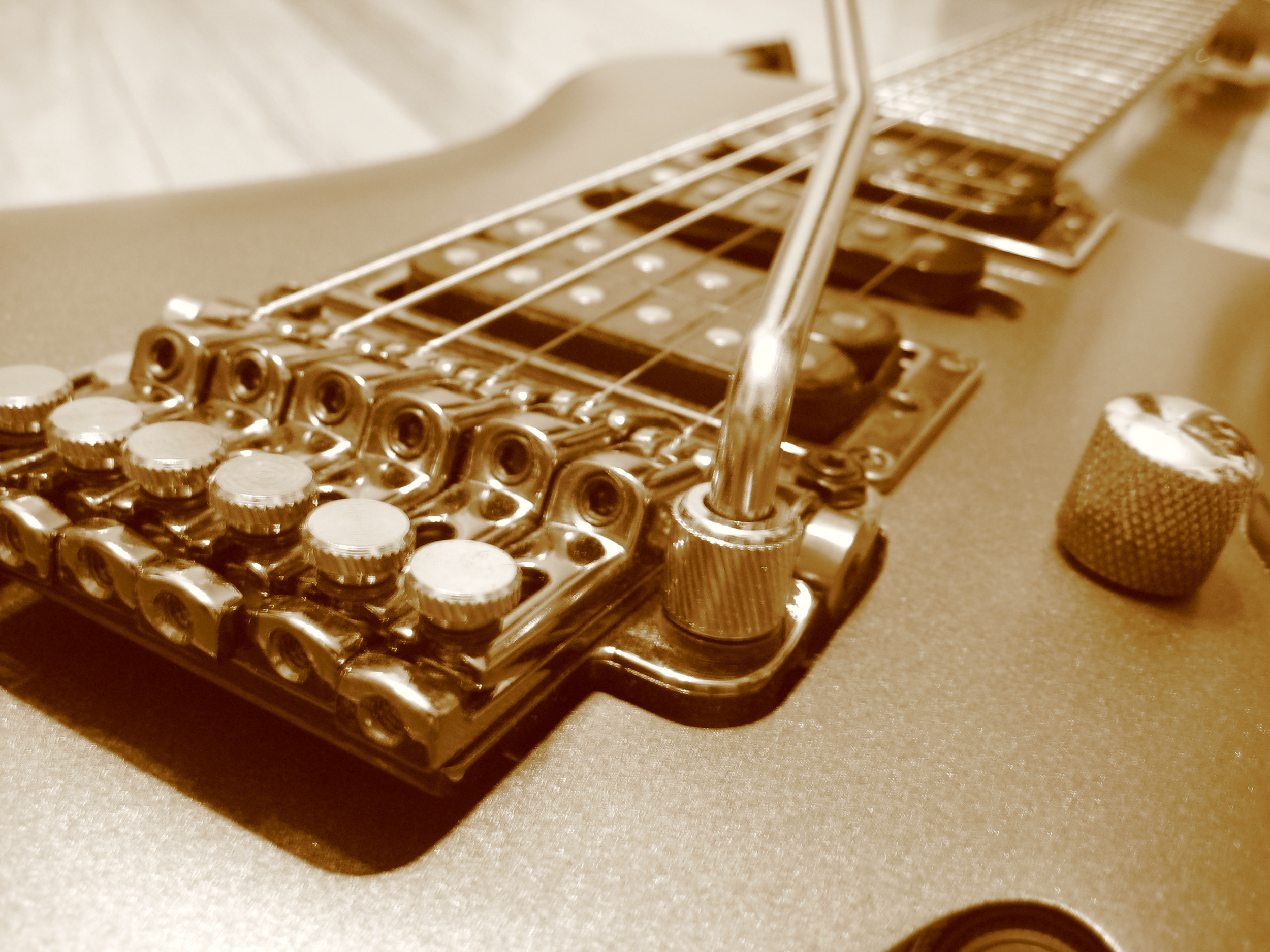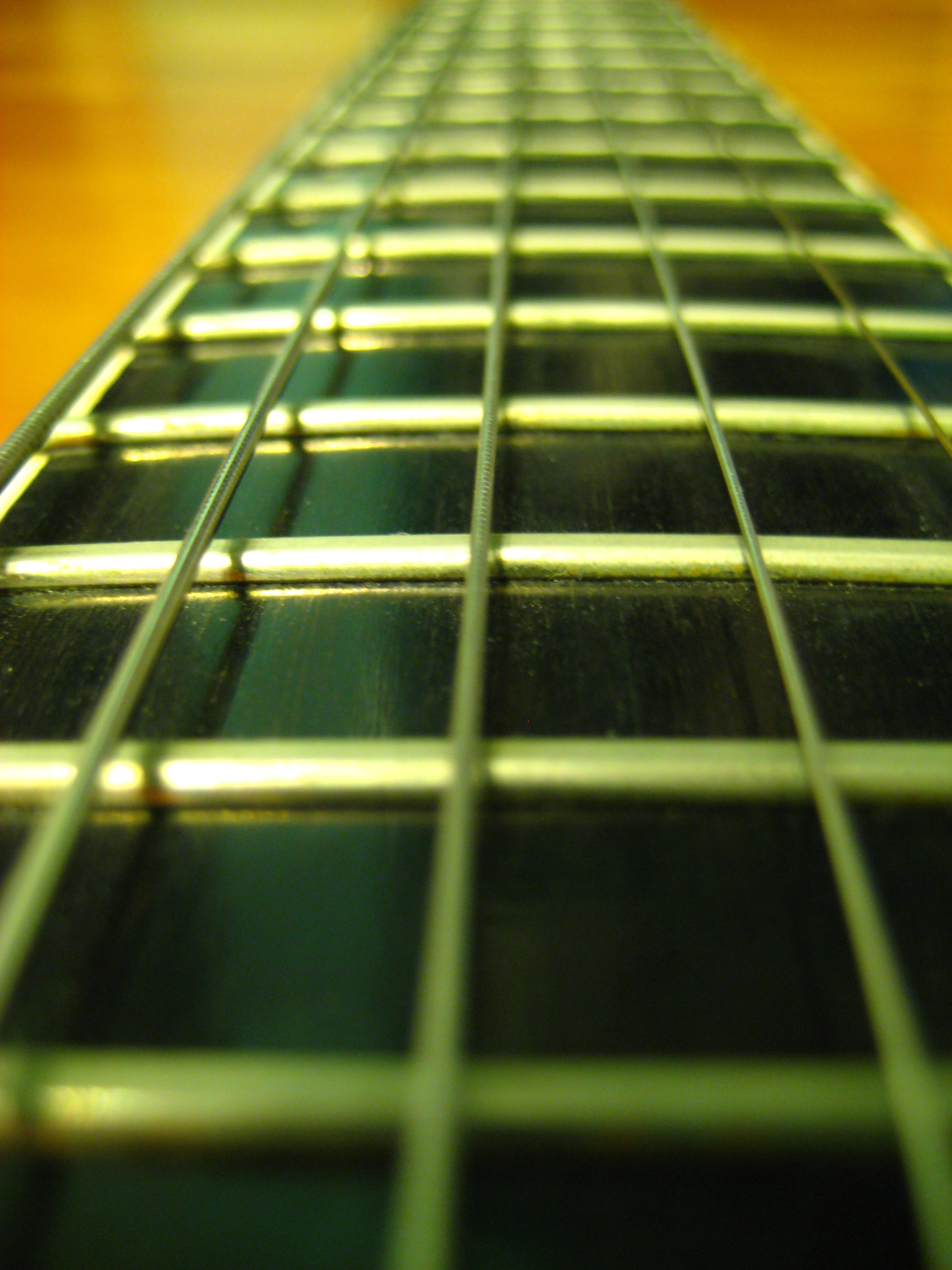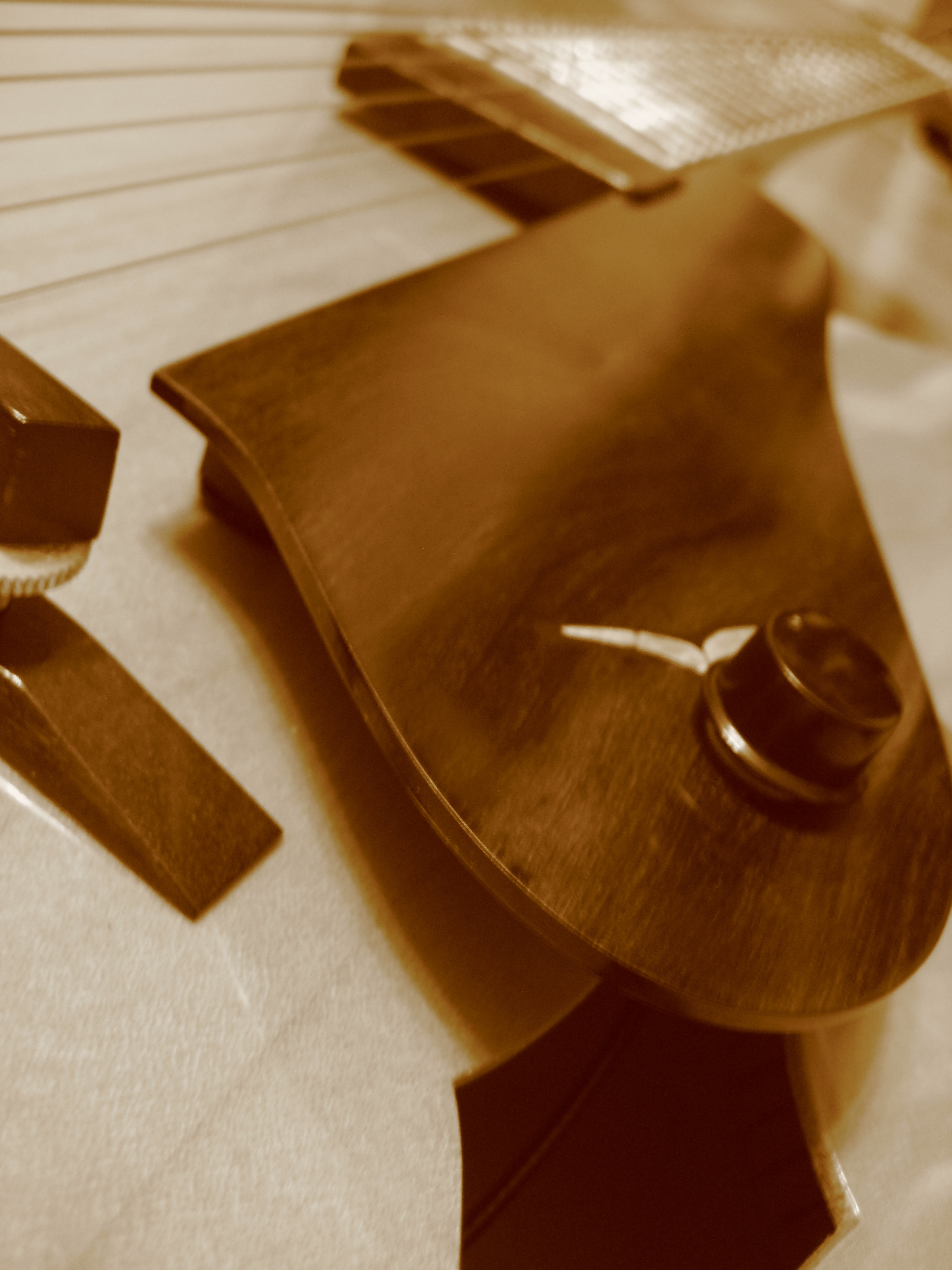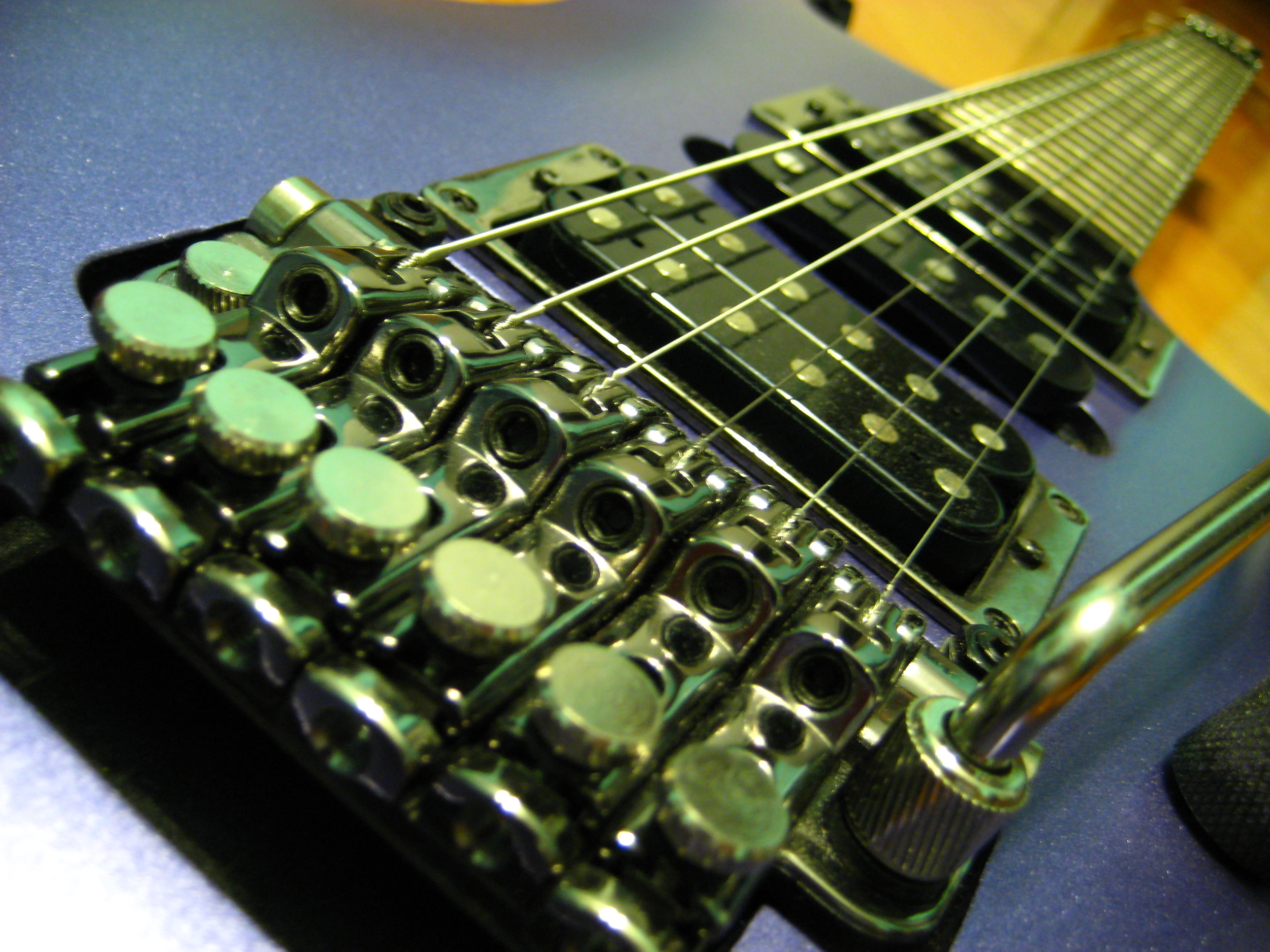After teaching guitar for about 23 years I’ve seen a large sampling of students ranging from the ultra-motivated to the absolutely apathetic.
http://www.flickr.com/photos/notionscapital/4959216194/
In my experience, most students who take the effort to come to lessons genuinely want to learn how to play the guitar. What I’ve noticed is that most students don’t really know how to get the most from the lessons they spend their (or their parents’) hard-earned money on.
This week’s post focuses on this issue specifically: How to prepare for a guitar lesson and get the most twang for your buck.
Here are three easy tips:
Dr. Russell’s Twang Tip #1: Practice makes perfect
I’m sure we’ve all heard this before. By practicing you provide a place to start in a lesson. From a teacher’s perspective, it’s hard to diagnose student problems if there’s been no interaction with the materials or tasks assigned from a previous lesson.
Of course, I don’t mean just play it once when you get home and then try it again a week later 30 minutes before your next lesson. Try it every day. By interacting with your lesson material daily, you’ll begin to chip away at the stuff you aren’t very good at. And after a while, those things that used to give you trouble won’t be so difficult anymore. If you need guidance to practice strategies, take a look at my previous post on What to Practice and How to Practice.
Dr. Russell’s Twang Tip #2: Come prepared with questions
The biggest mistake many students make when coming to guitar lessons is not necessarily a lack of practice, but a lack of questions. Your questions can help to drive the direction of the lesson.
The nice part about questions? There are answers if you ask them. In between lessons, take some time to write down a few questions that come up during your practice time.
Be specific. As the saying goes, “There are no bad questions except those not asked!” However, specificity in your questioning can get you closer to what you’re trying to accomplish.
If you’re having trouble coming up with questions, try asking questions regarding the various areas of your practice: technique, repertoire, music reading, composition/arranging, and improvisation.
Dr. Russell’s Twang Tip #3: Keep a notebook
You’re paying for your lessons – might as well keep a record of what’s covered by you and your teacher. You might think that you’ll remember what your teacher discusses when you get back home, but more often than not we tend to forget some of the not-so-minor details when it’s time to practice.
Notebooks are a terrific way of keeping track of what’s covered in your lessons. You can keep coming back to the material over-and-over again if you take notes during your lessons. Keeping a notebook will also give you place to write down questions, song ideas, and work out musical concepts (building chords, scales, etc.).
I usually recommend that my students use a music manuscript notebook. Something with numerous blank music staves on a page works for me.
What do you do to prepare for lessons? Feel free to post a comment a share your own strategies for getting the most out of your lessons.

